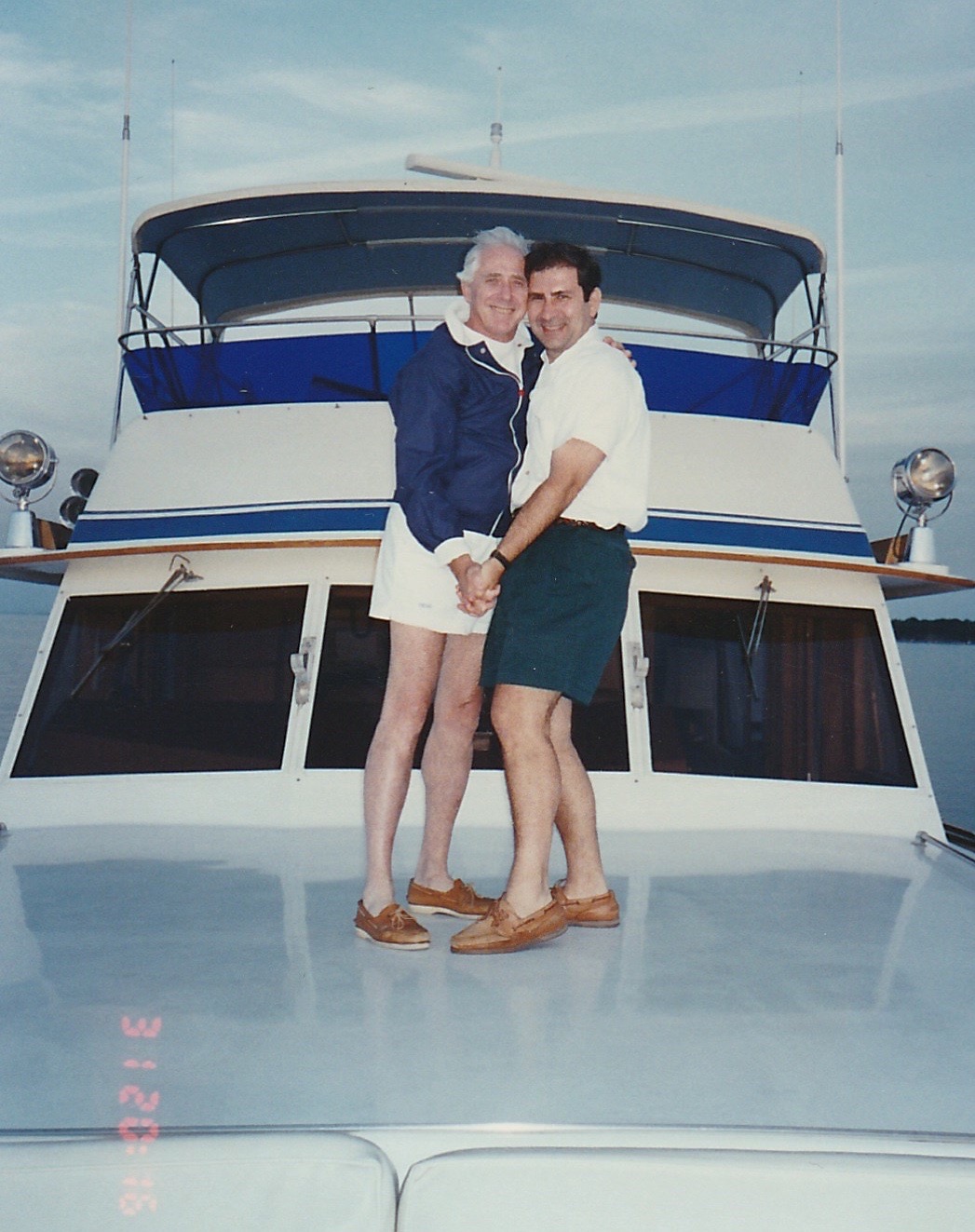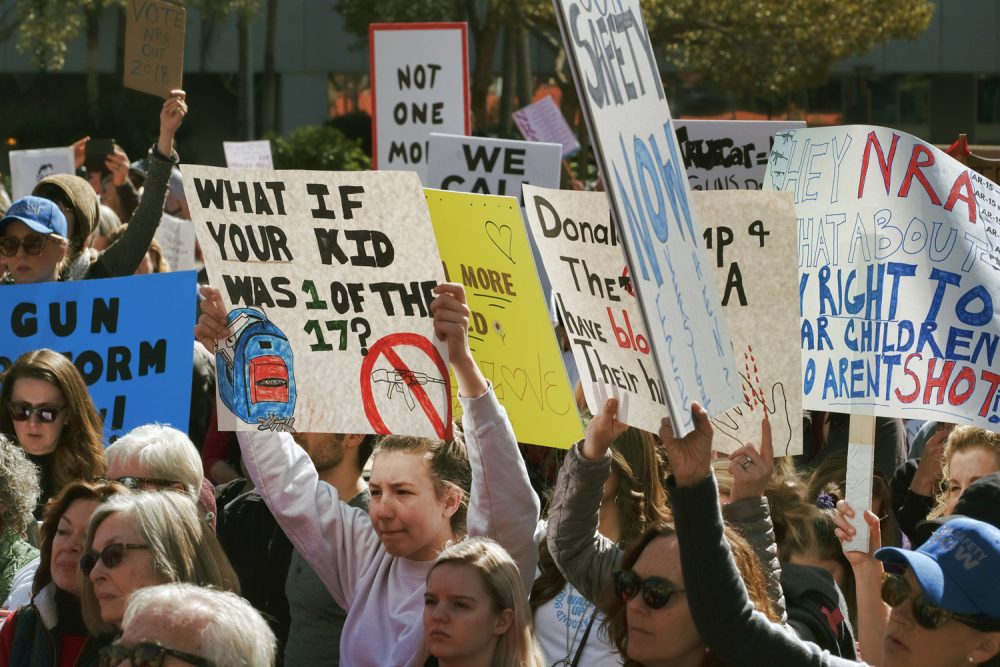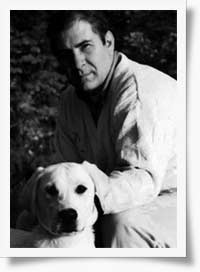 Henri Landwirth survived five concentration camps to live the American Dream. He arrived in the United States with $20 in his pocket and went on to make a fortune in the hotel business. He established six philanthropic organizations, including Give Kids the World in Orlando. He passed away on April 16, 2018. A celebration of his life was held at Give Kids the World on April 28, 2018. What follows is the text of my remarks on that occasion.
Henri Landwirth survived five concentration camps to live the American Dream. He arrived in the United States with $20 in his pocket and went on to make a fortune in the hotel business. He established six philanthropic organizations, including Give Kids the World in Orlando. He passed away on April 16, 2018. A celebration of his life was held at Give Kids the World on April 28, 2018. What follows is the text of my remarks on that occasion.
….
James Dobson said, “No man stands so tall as when he stoops to help a child.
By this measure, Henri Landwirth was a giant.
Arnold Glasgow, said, “The true measure of man is not the number of servants he has, but the number of people he serves.
By this measure, Henri was immeasurable.
Sir Arthur Helps said, “The thing which makes one man greater than another – the quality by which we ought to measure greatness – is a man’s capacity for loving.”
I have never known anyone with a greater capacity for love than Henri Landwirth.
There is no need to repeat Henri’s story. There are no spectators here. If you are here it is because you knew Henri and – if you knew Henri, you know that if there was one thing he was not – it was a spectator.
If Henri was in your life, you knew it…and you undoubtedly have stories of your own.
In my case, the story begins in l988 when Henri was selected to receive a National Caring Award. We connected immediately and a year or so later decided to adopt each other as brothers.
In 1990, he invited me to a family gathering at his home the night before the Give Kids the World gala. He introduced me by describing our relationship and asked the family to adopt me as well. It was one of the greatest honors of my life.
The following year, Henri introduced me to the woman who was to become my wife. When I expressed interest in Angie, his response was characteristic.
“That’s too bad,” he said. “She will never have anything to do with you.”
…And then he did everything he could do to bring us together.
The next time I was in Orlando, he asked her to pick me up at the airport, gave her $20, and told her to buy me a drink. Angie demurred modestly, but – as many of you can attest – you didn’t say ‘no’ to Henri.
He was my coach – evaluating, correcting and encouraging me through every step of our courtship.
When I told him I was ready to propose, he asked me how I planned to do that. I told him what I had in mind. He thought about it for a moment and said, “We can do better than that.”
…And then he helped me come up with an alternative plan.
My bachelor party was a fishing trip to Alaska. Greg is the fisherman in the family. I don’t know if Henri had ever even fished before but he came along for the company.
Some of the best memories of my life are sitting on the deck of a boat we chartered there with Henri and Hugh Jones, watching the lines in the water, and talking about the things that mattered to us.
One of the things we talked about was the honeymoon. When I told Henri what my plans were, he seemed pleased.
“That sounds great,” he said. “Maybe I could go with you.”
…and I honestly think he would have.
Henri was one of my groomsmen when we married. At the altar after the photographs were taken, I thanked him and gave him back his $20. I told him it had been a good investment.
Henri said, “Where is the interest?”
When we were working on his biography, Love and Hate, I asked Henri how he would like to be remembered.
Henri said, “I would like to be remembered as having contributed something in this little world of ours. I would like to be remembered as a good person. I’d like to be remembered as someone who had some influence on some humans around the world.”
Modest goals for a man of such significance. He changed our lives. He changed the world. He took the worst the world had to offer and answered with the best.
He showed us what’s possible. He showed us what it means to be a fully engaged human being.
For Henri, there were no random acts of kindness or small acts of love. Kindness was a way of life. Love is love. He often said one seemingly small act of kindness changed the trajectory of his life.
In l954, Henri was making $120 a week as Assistant Manager of the President Madison Hotel in Miami Beach. He was 27 years old. A guest approached him one evening and asked him where he could by a tie. They wouldn’t let him eat in the Hotel’s dining room without one.
Without hesitation, Henri took off his own tie and gave it to his guest.
That man was B, J. McNabb, General Manager of the ICBM division of General Dynamics. A year later, he was given the task of bringing Cape Canaveral to life.
McNabb knew that among other things he would have to build hotel for the workers who would come to help and he knew the hotel would need a manager who knew how to treat his guests. He told his people to go looking for a skinny guy he had met in Florida.
“I can’t tell you his name,” McNabb said, “but he had a funny accent.
Later, that McNabb would introduce Henri to Holiday Inns and vouch for him there. With that, Henri’s career was established.
Not long ago, in the context of our times, a Rabbi asked his students one of the eternal questions – “How do you know when night has ended and the day has begun?”
“When I can see the face of my children,” one responded. Others were quick to follow: “When I can see where my property ends and my neighbor’s property begins. When I can see the all the colors of the flowers. When I can see the animals and tell them apart.”
“No, no, no,” the Rabbi said. “None of you understand. You separate. You distinguish and divide. You split the world into pieces. That is not the way. Is the world not fractured enough?
“Night ends when you can look into the face of the man or woman beside you and see that person is your brother or sister.”
Henri learned that the hard way. He lived in darkness. He walked through the Valley of the Shadow. He brought the light with him and illuminated the world.
He touched our lives. He touched our hearts. He taught us that dreams come true, and nightmares end. He taught us that what comes from the heart, goes to the heart.
When we met and for many years thereafter, Henri had a poem from Forest Witcraft on the wall of his office. Many of you have seen it or received copies from Henri or Give Kids the World. It says,
One hundred years from now
It won’t matter
What kind of car I drove
What kind of house I lived in
How much money I had in the bank
Nor what my clothes looked like
BUT
The world may be a little better
Because, I was important
In the life of a child.
Henri was important to more lives than we can count. He leaves this world far better than he found it.
I miss Henri and will always miss him; but my overwhelming sensation at this moment is more gratitude than grief. I am profoundly grateful to have known such man and to be able to call him brother, friend, mentor, role model, and teacher.
Henri often said in defining his purpose here, that – “All we have at the end of life are memories.”
Our memories of Henri – and I suspect yours – are indelible.
He was a man who is the measure of a man. We will not see his like again.





